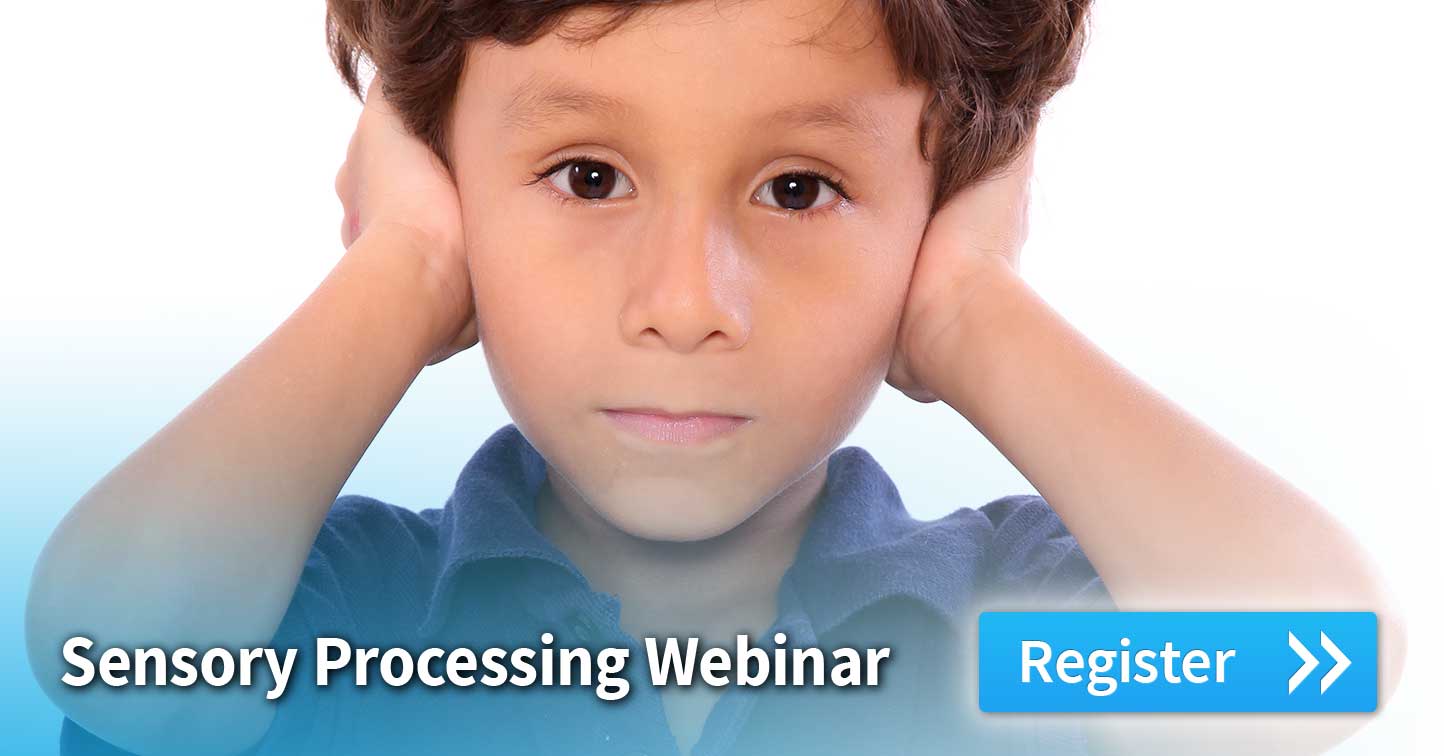Have you ever wondered why your loved one:
- Refuses certain foods?
- Stims on a moving object?
- Walks on her toes?
- Covers his ears?
- Has delayed responses?
It could be that he or she is experiencing sensory processing issues.
In this webinar, we will:
- Examine how each of the senses plays an active role in your loved one’s autistic behaviors;
- Review current research showing how autistic symptoms may be linked to sensory processing problems;
- Discuss an effective, evidence-based therapy that can reduce these sensory processing issues.
What people are saying about this training:
“You exactly describe my nephew’s behaviour as an high sensitive autist…. I wished his doctor would know your video.”
“This info is incredibly helpful, thanks a million.”
“So that’s why I need things to be repeated.. and I need more time to do tests, and quizzes at school.”
“Thank you for this video! Very informative for and my daughter. God bless you!”
New research is raising the possibility that the core features of autism may be responses to sensory abnormalities. Sensory Enrichment Therapy can show you how to formulate a sensory program that will not only help them feel more comfortable and more confident in the real world, but also improve communication and social skills.
Sensory Enrichment Therapy was clinically evaluated in independent randomized controlled studies. The severity of autism improved significantly in the sensory enrichment group of children compared to controls. Results showed that 42% of the enriched children and only 7% of the control group achieved clinically significant improvement of 5 points on that scale.
This is your chance to take control of your child’s therapy and to play a vital role in your child’s development. As you engage in sensory exercises with your child and spend time together, you will feel the emergence of a strong, new connection. Many parents report feeling a sense of fulfillment and pride, and their child can feel it too. Perhaps one of the most rewarding experiences parents are reporting is their child’s increased ability to experience and exhibit spontaneous happiness.

